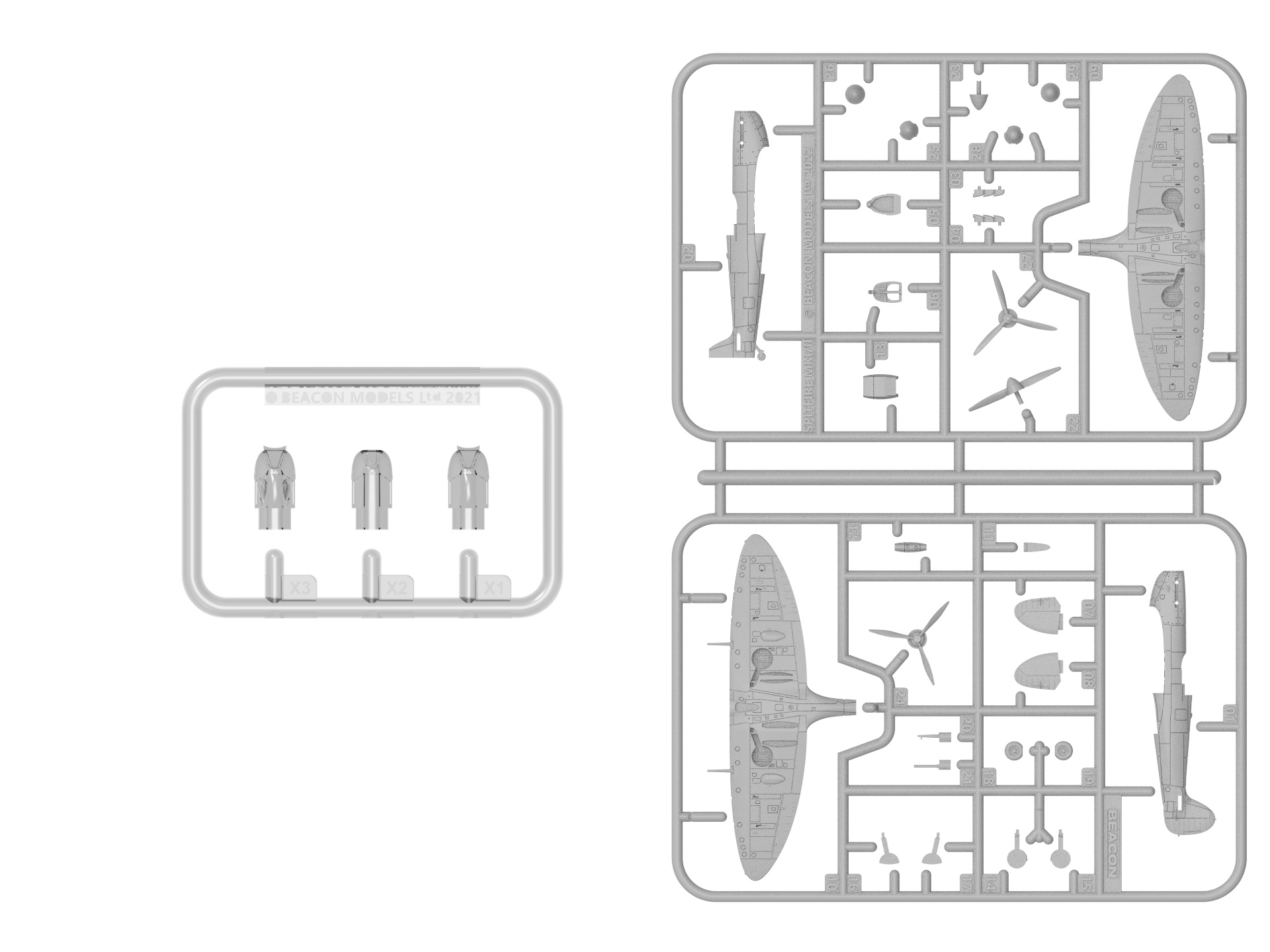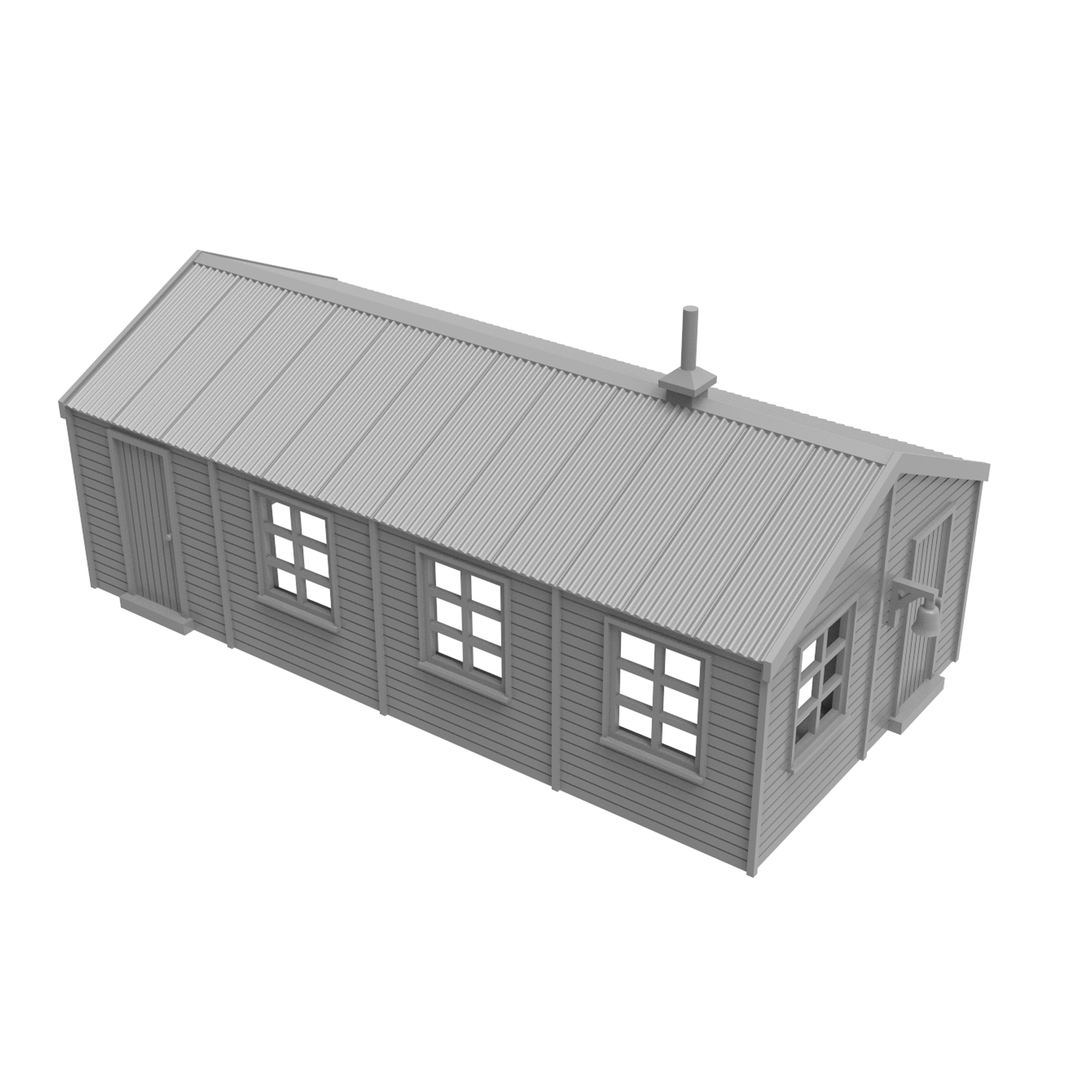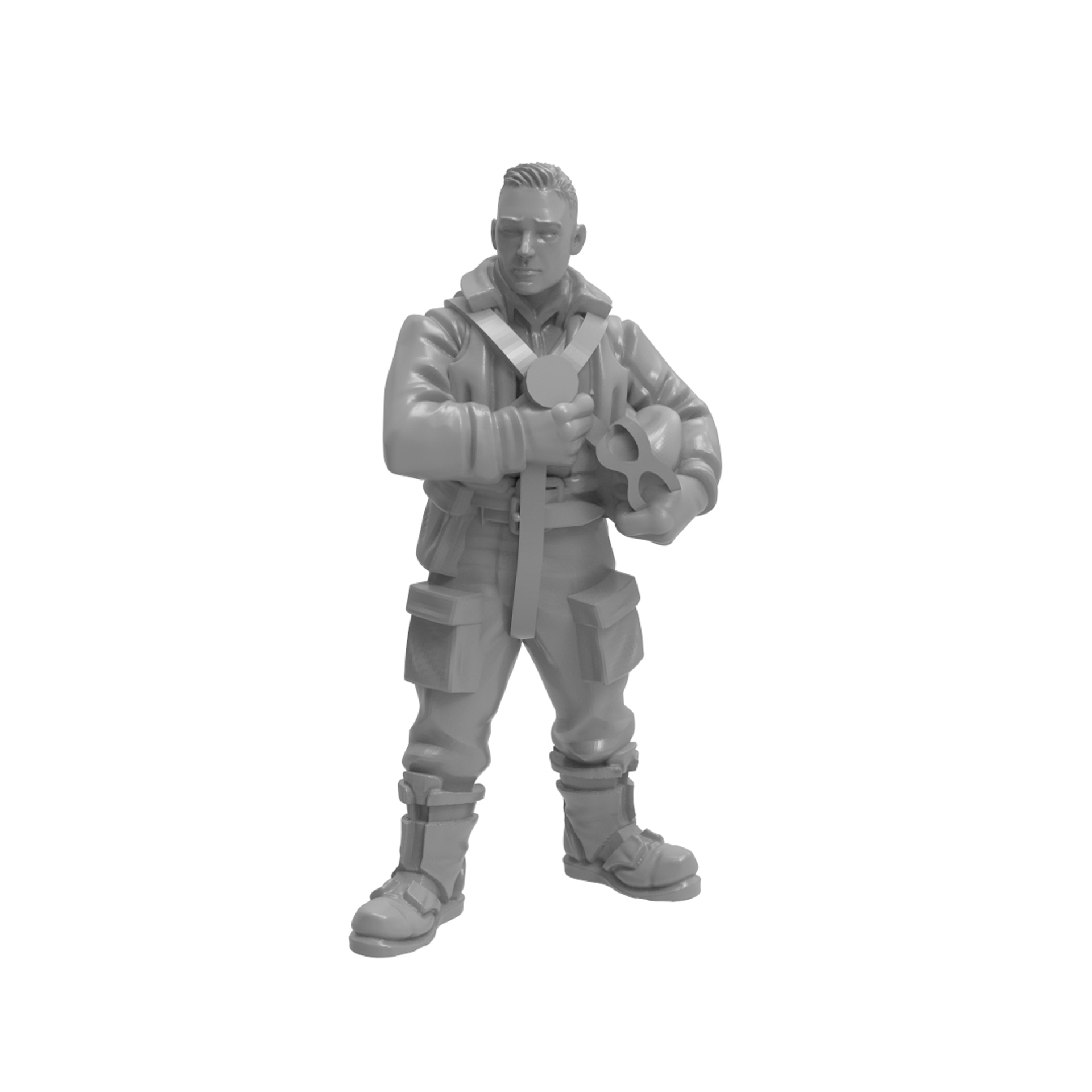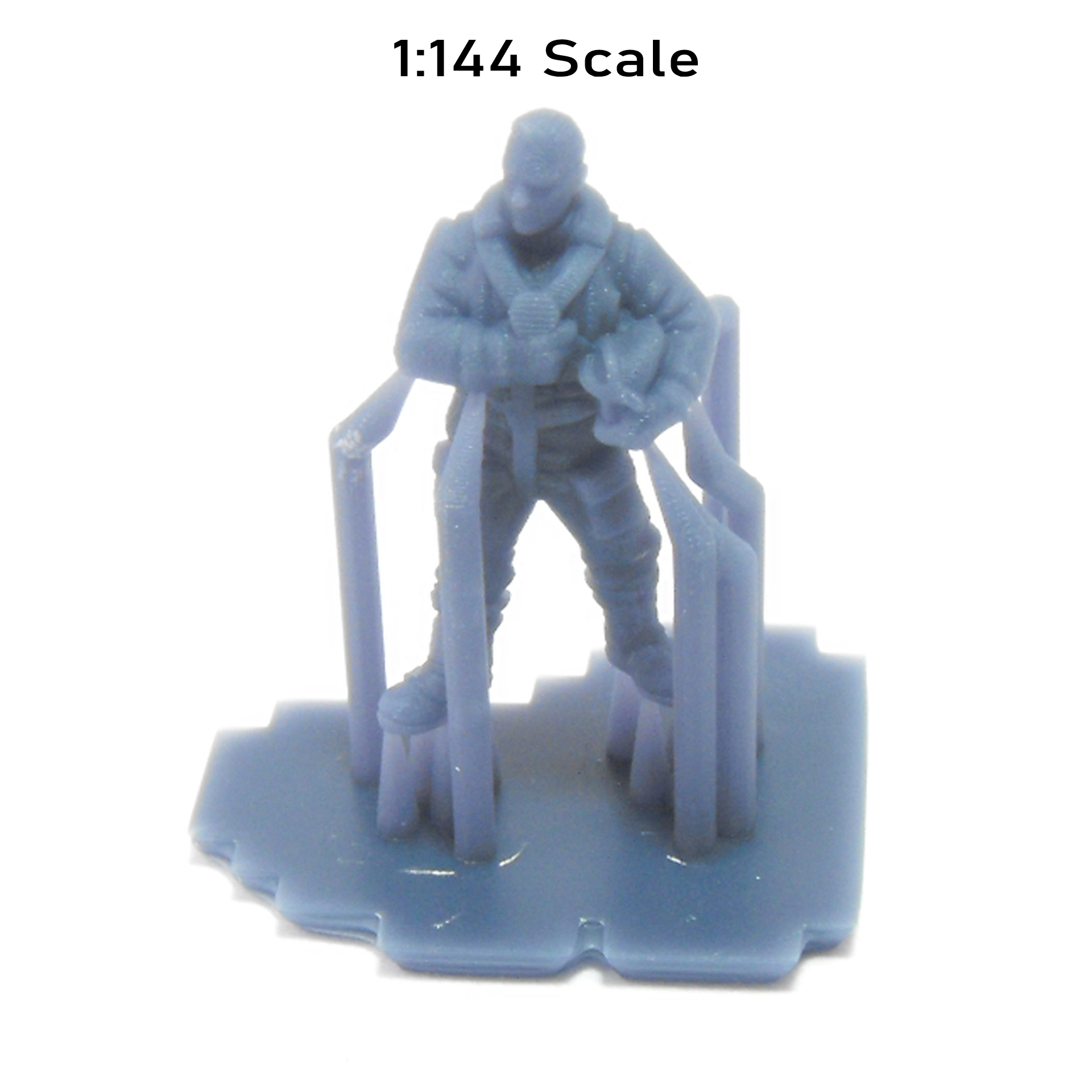 Image 1 of 4
Image 1 of 4

 Image 2 of 4
Image 2 of 4

 Image 3 of 4
Image 3 of 4

 Image 4 of 4
Image 4 of 4





Spitfire Mk.Ia Commissioning Edition
Kit Features:
2x Supermarine Spitfire
Option parts for Early Mk.I, Mk.II and Mk.I PR Spitfire
Full colour instructions
Die cut canopy masks
Decals by Cartograf
Featuring many variant and option parts on the sprues, the kits can be assembled as a number of early Spitfire marks. Additionally, the landing gear can be modelled as lowered or retracted, as well as optional bladeless propeller spinners to represent the aircraft in flight.
To aid painting, die cut canopy masks are included, which fit the Spitfire “blown” style canopy.
This kit contains high quality waterslide decal markings made by Cartograf, for two aircraft:
Supermarine Spitfire Mk.Ia, P9546, No. 19 Squadron, RAF Duxford, September 1940. Flown by Flight Sergeant George “Grumpy” Unwin
Supermarine Spitfire Mk.Ia, N3250, No. 92 Squadron, RAF Croydon, May 1940. Flown by Pilot Officer Allan Wright.
The most numerous of all British fighter aircraft produced during the Second World War, the Spitfire was conceived as a high speed interceptor by R. J. Mitchell, chief engineer of Supermarine. The first prototype flew in 1936 and made an instant impression. The Mk.Ia variant was powered by the formidable Rolls Royce Merlin V12 engine and armed with eight .303 machine guns. Several improvements and upgrades had been made by the time the aircraft was in service with the Royal Air Force during 1940 such as an armoured windscreen, blown canopy and three bladed propellers. This fast and nimble aircraft had superb flying qualities, which made it so beloved by the pilots who flew it.
Kit Features:
2x Supermarine Spitfire
Option parts for Early Mk.I, Mk.II and Mk.I PR Spitfire
Full colour instructions
Die cut canopy masks
Decals by Cartograf
Featuring many variant and option parts on the sprues, the kits can be assembled as a number of early Spitfire marks. Additionally, the landing gear can be modelled as lowered or retracted, as well as optional bladeless propeller spinners to represent the aircraft in flight.
To aid painting, die cut canopy masks are included, which fit the Spitfire “blown” style canopy.
This kit contains high quality waterslide decal markings made by Cartograf, for two aircraft:
Supermarine Spitfire Mk.Ia, P9546, No. 19 Squadron, RAF Duxford, September 1940. Flown by Flight Sergeant George “Grumpy” Unwin
Supermarine Spitfire Mk.Ia, N3250, No. 92 Squadron, RAF Croydon, May 1940. Flown by Pilot Officer Allan Wright.
The most numerous of all British fighter aircraft produced during the Second World War, the Spitfire was conceived as a high speed interceptor by R. J. Mitchell, chief engineer of Supermarine. The first prototype flew in 1936 and made an instant impression. The Mk.Ia variant was powered by the formidable Rolls Royce Merlin V12 engine and armed with eight .303 machine guns. Several improvements and upgrades had been made by the time the aircraft was in service with the Royal Air Force during 1940 such as an armoured windscreen, blown canopy and three bladed propellers. This fast and nimble aircraft had superb flying qualities, which made it so beloved by the pilots who flew it.













